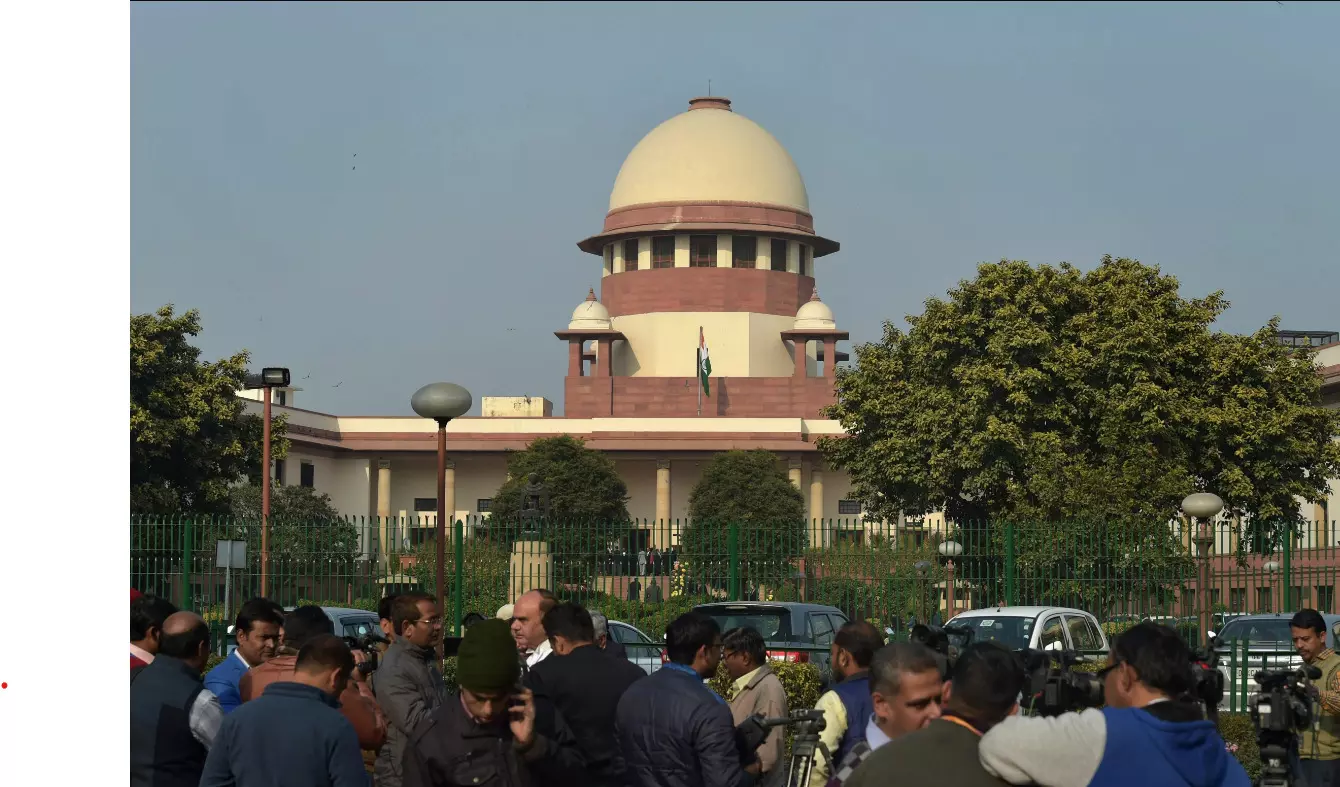A historic undoing

In a monumental judgment, the Supreme Court of India has struck down the decades-old immunity enjoyed by Members of Parliament (MPs) and Members of Legislative Assemblies (MLAs) from prosecution in cases involving bribery for votes or speeches within the House. This watershed ruling, delivered by a seven-judge Constitution Bench headed by Chief Justice of India DY Chandrachud, has far-reaching implications for the integrity of India's democratic institutions and the broader fight against corruption. At the core of this landmark decision lies the reinterpretation of Articles 105 and 194 of the Indian Constitution, which shield lawmakers from legal consequences for their actions and statements made within the Parliament or legislative assemblies. The court's ruling underscores that such immunity cannot be extended to instances of bribery, which fundamentally subvert the principles of democracy and public trust.
The case at hand, involving Sita Soren, a member of the Jharkhand Mukti Morcha (JMM), brought into question the constitutionality of immunity claims under Article 194(2) following allegations of bribery in the Rajya Sabha elections of 2012. The court's unanimous decision to overrule its 3:2 1998 judgment in PV Narasimha Rao v. State signals a much-needed departure from past precedents. Central to the court's rationale is the recognition that bribery undermines the very essence of parliamentary democracy by substituting personal gain for public interest. By categorically stating that corruption and bribery erode the foundation of Indian democracy, the verdict sends a powerful message against impunity and underscores the imperative of upholding probity in public life. Moreover, the court's ruling dispels any ambiguity surrounding the interpretation of Articles 105 and 194, emphasising that the privileges granted therein must be subjected to constitutional scrutiny. This underscores the principle that parliamentary privileges are not absolute and must be exercised within the boundaries of constitutional norms.
The judgment also addresses the paradoxical outcomes engendered by the previous interpretation of legislative immunity. Quite ironically, prior to this judgement, lawmakers who took bribe and voted accordingly were accorded immunity while those not voting in favour of the bribe-giver were liable to prosecution. It is unfortunate that such bizarre provisions existed in the legal domain for well over decades! The Supreme Court, in its late intervention, has rightly stemmed the perpetuation of the error. The verdict also clarified that the act of bribery constitutes a complete offense the moment a legislator accepts the bribe, regardless of whether it is subsequently followed by voting or delivering a speech in accordance with the bribe giver's desires. Additionally, the location where the bribe was exchanged holds no significance in determining the offense.
Furthermore, the court's ruling reaffirms the principle of parallel jurisdictions, emphasising that judicial proceedings and disciplinary actions by the House operate in distinct spheres and are not mutually exclusive. This ensures that the pursuit of justice is not impeded by parliamentary proceedings, thereby upholding the rule of law and the principles of natural justice. Undoubtedly, the judgment heralds a new era of clean politics and reinforces public faith in the democratic system. However, the true test lies in the effective implementation of the court's directives and the collective commitment to upholding the principles of integrity and accountability in public life.



